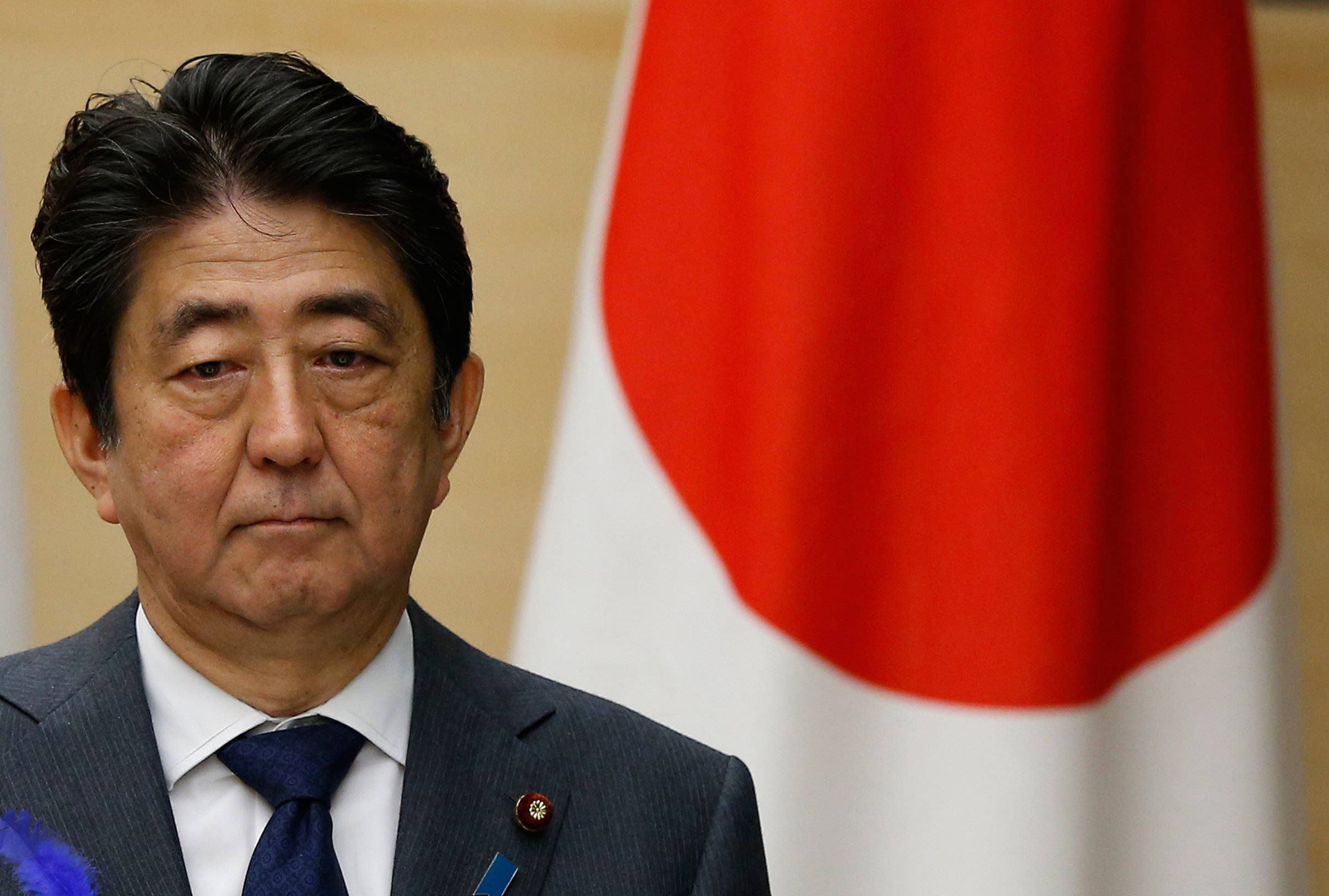
Japanese Prime Minister Shinzo Abe was grilled by the country’s legislature on July 24 and 25 over new allegations of cronyism. It’s the latest in a series of blows that has prompted the center-right leader’s approval ratings to sink to a new low of 26% before general elections next year:
SCHOOL TIES
Abe and his aides are accused of pressuring his Education Ministry to give his friend Kotaro Kake permission to open a new veterinary school, despite widespread consensus it was not needed. It would be the first such school approved in Japan in over five decades. In March, Abe and his wife were named in a separate scandal involving patronage of an ultranationalist private school that allegedly purchased public land at a nearly 90% discount. He denies any impropriety in both cases.
AILING POLICIES
His “Abenomics” program of aggressive fiscal and monetary stimulus and structural reforms has failed to reignite the economy. Japan is still dogged by deflation while real wages have only inched up. Abe’s hawkish nationalism has added to the disquiet: he intends to revise the nation’s pacifist constitution, has changed rules to allow Japanese troops to fight abroad and pushed through a contentious antiterrorism law.
FADING STAR
Winning a third term in 2018 would make Abe Japan’s longest-serving postwar Prime Minister. However, his party’s stunning defeats in recent local elections in Tokyo and Sendai mean many now see him as an electoral liability. Conservative newspaper Yomiuri recently accused his government of being “arrogant.” For conservative Japanese voters, however, there are few viable alternatives.
More Must-Reads from TIME
- Donald Trump Is TIME's 2024 Person of the Year
- Why We Chose Trump as Person of the Year
- Is Intermittent Fasting Good or Bad for You?
- The 100 Must-Read Books of 2024
- The 20 Best Christmas TV Episodes
- Column: If Optimism Feels Ridiculous Now, Try Hope
- The Future of Climate Action Is Trade Policy
- Merle Bombardieri Is Helping People Make the Baby Decision
Write to Charlie Campbell at charlie.campbell@time.com